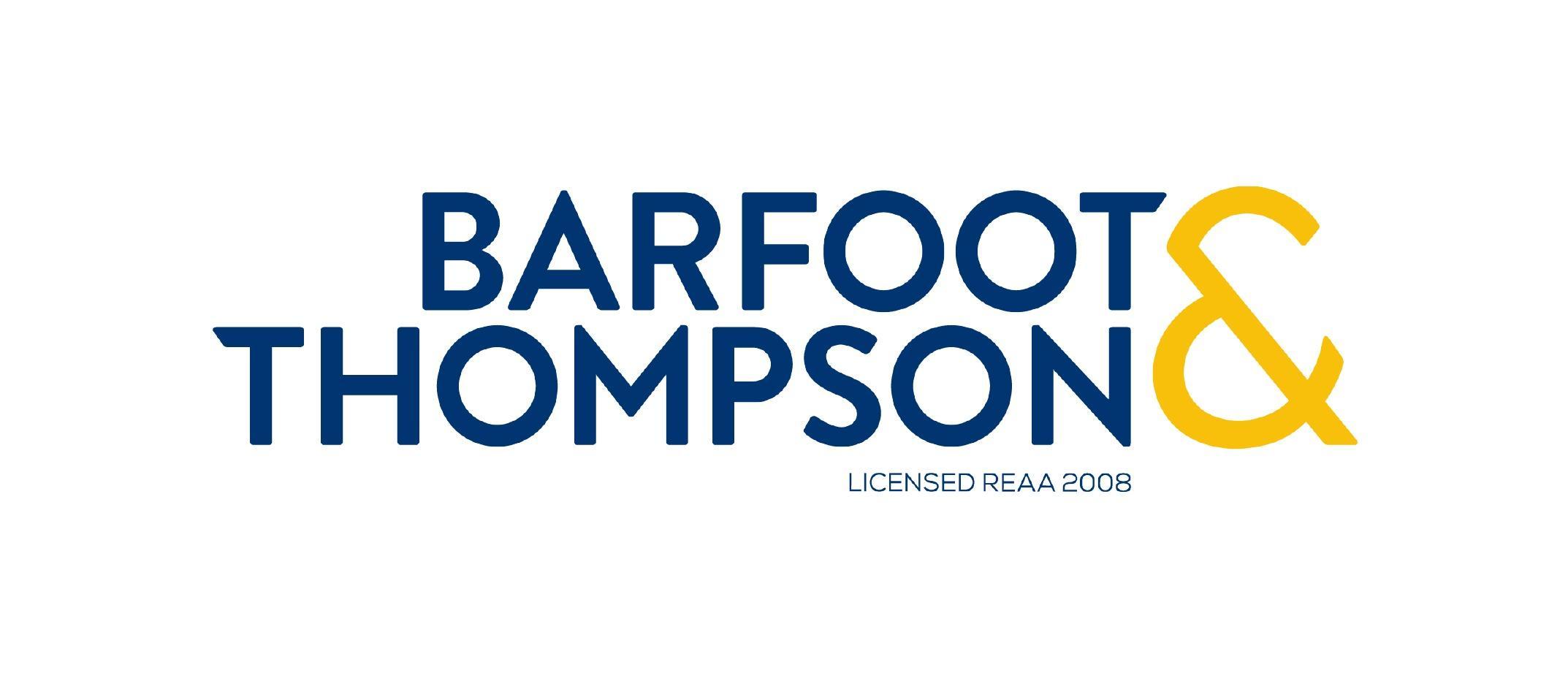I always had a hunch that 2023 could be the ‘year of two halves’, and it was a pretty good description. Sales volumes were very weak in early 2023, and property values fell further. But then, from the middle of the year, mortgage rates flattened out, migration rose, the labour market remained solid, and credit conditions (CCCFA, LVRs) eased – prompting a (modest) rise in sales activity and the start of a turnaround for property prices. However, even though the emerging recovery is now upon us, it wouldn’t be a surprise to see the housing market in 2024 turn out to be more subdued than in previous episodes – i.e. an underwhelming upturn.
To be fair, the year is likely to kick off with a ‘positive vibe’, given that the new Government is now in place and will be working towards its more property-friendly stance. Indeed, as far as we can tell, the Brightline Test is still on track to be shortened back to two years for all properties (whether old or new) from July 2024, and this could start to pull some new investment demand back into the market, however, given the current strains on cash flow, that could easily drive a bit more selling too, as some existing investors find themselves off the hook for capital gains tax sooner than they expected. Ultimately, this might be a sales/liquidity rather than a price effect.
That cash flow angle is also vital when considering the possible impact of an accelerated timeframe for reinstating 100% mortgage interest deductibility for all investors. Existing investors will indeed see smaller tax bills, and the sums will also start to look more favourable for some would-be new & expanding investors too. But with gross rental yields still low and mortgage rates high, probably for most/all of 2024, a typical property investment purchase will still need a significant top-up out of other income – even after accounting for less tax. This will likely remain a real-world hurdle for investors, even if their ‘mood’ is more positive.
On the flipside, even if some investors do start to buy again, it’s not likely to be a torrent, and hence first home buyers should still be able to find good opportunities – as they continue to benefit from access to KiwiSaver for their deposit (or at least part of it), with many also likely to make full use of the low-deposit lending speed limits at the banks.
Even so, some big-picture themes will likely be in play in 2024 that will challenge all of the various buyer groups and keep a lid on sales volumes and property values. First, even after the recent downturn, house prices remain high – i.e. affordability is still a significant issue. Second, that’s especially true when considering the likelihood that mortgage rates remain ‘higher for longer’, especially at the shorter end of the curve (i.e. the popular 1-2 year fixes).
Thirdly, caps on debt-to-income ratios remain firmly on the cards for 2024, albeit only in the year’s second half. To be fair, high mortgage rates are already restricting high DTI (‘risky’) lending, so any formal rules might not be binding straightaway. But over the medium term, they’ll tend to tie house prices more closely to income growth and limit how many properties an individual can own at any point in time. Indeed, an investment portfolio can only grow under a DTI system by getting higher income, which takes time.
Another key theme running throughout 2023 – and will continue into 2024 – is the repricing process for existing mortgages. So far, it’s been pretty smooth, with low unemployment helping households to adjust their finances as their mortgages climb from older, lower levels to the new, higher market rates. This success also helped the housing downturn come to an orderly end. But mortgage repricing remains a key ‘risk factor’ to watch closely in 2024.
We’ll be watching the labour market and the mortgage repricing process for at least the first half of the year. But there are also several other reasons to think 2024 will be a relatively mundane year for the property market. We’re anticipating sales rising by perhaps 10% (still leaving them at below-normal levels) and prices seeing growth of around 5%, maybe a bit more.

Kelvin Davidson
Kelvin Davidson is the Chief Economist of CoreLogic New Zealand.













Add Comment